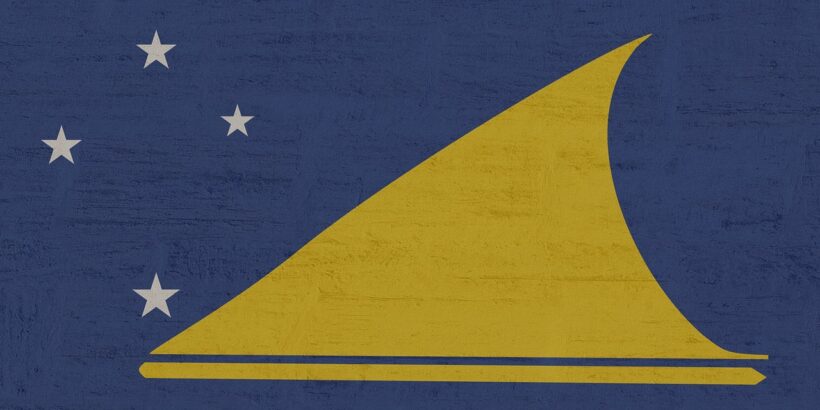The action aims to expose the impacts of climate change in Pacific Island countries.
On Friday 17 November, a group of 30 climate activists from 12 small Pacific Island countries held a protest at the world’s largest coal export port in Newcastle, Australia. Using canoes, kayaks and surfboards, the protesters blocked the port’s shipping lanes for almost nine hours, preventing eight of the 12 ships scheduled to leave that day.
The purpose of the protest was to draw attention to the devastating consequences of climate change on Pacific Island countries, which are seeing their survival threatened by rising sea levels, coastal erosion and extreme weather events. The event was organised with the support of the US-based environmental group 350.org, an international organisation fighting the climate crisis.
The activists, from countries including Fiji, Tuvalu, Tokelau, Micronesia, Vanuatu, Solomon Islands, Tonga, Samoa, Papua New Guinea and Niue, came together to send a strong message to the Australian government and the international community: climate change is no longer a distant problem, it is an immediate threat to their culture, identity and survival.
Mikaele Maiava, one of the Tokelau activists, said in an emotionally charged speech: ‘We want Australia to remember that it is part of the Pacific. We are a family, and as a family, we cannot afford to let one of the big brothers destroy everything”. His words echoed pain and concern about the impact of Australia’s environmental policies on small island nations, which emit little greenhouse gases but suffer disproportionately from the effects of climate change.
Australia is the world’s fourth largest coal producer, and its fossil fuel industry is a major source of greenhouse gas emissions. Despite mounting scientific evidence of the impact of climate change, the Australian government has continued to expand the industry, dismantle climate policies and withdraw from key international climate agreements.
Australian Prime Minister Tony Abbott, who has publicly defended coal as ‘good for humanity’, was one of the main targets of the protest. In response to this stance, Mikaele Maiava questioned, “‘If we talk about humanity, does humanity have to do with people losing their land, their culture and identity? Does it have to do with living in fear that future generations will no longer be able to live on a beautiful island?”
The impact of climate change on Pacific island countries is particularly alarming. In Tokelau, where Mikaele Maiava lives, coastal erosion and saltwater encroachment are putting food security at risk, with crops no longer growing because of the salinity of the soil. “Fifteen years ago, when I was going to school, I could walk in a straight line. Now I have to walk in a crooked line because the beach has eroded”, Maiava recounted, reflecting the dramatic alterations that are already affecting her home.
Tokelau, which became the first country in the world to use 100 per cent renewable energy in 2012, is an example of how these countries are struggling to adapt, despite being responsible for a tiny share of global carbon emissions.
The protest in Newcastle was not only a demonstration of Pacific Island countries, but also reflected global solidarity in the face of climate change. Activists from Australia, such as the Pacific Climate Warriors, joined in the action, understanding that the fight for the survival of the Pacific islands is also a fight for the future of the planet.
The Pacific Islands Forum has identified climate change as the greatest threat to the security and well-being of the region’s populations, noting that these countries are the most vulnerable but also the least equipped to adapt to the impacts of climate change.
In this context, island nation authorities have redoubled their calls for action, challenging Australia to change its stance on climate change and take more decisive action to reduce its emissions and protect the nations most affected.
Climate change is a global threat that requires a collective response. Pacific activists, through their courage and determination, have made it clear that this is not just about protecting their land, but about the survival of all human beings in the face of an increasingly imminent climate crisis. As Australia continues to go coal-first, the people of the Pacific are calling for solidarity, justice and urgent climate action.
With this protest, the activists not only seek to change the policy of one government, but also to inspire citizens around the world to unite in the fight against the climate crisis and to understand that the effects of climate change know no borders: ‘We are all human beings, and this fight is for survival”, concluded Mikaele Maiava.






